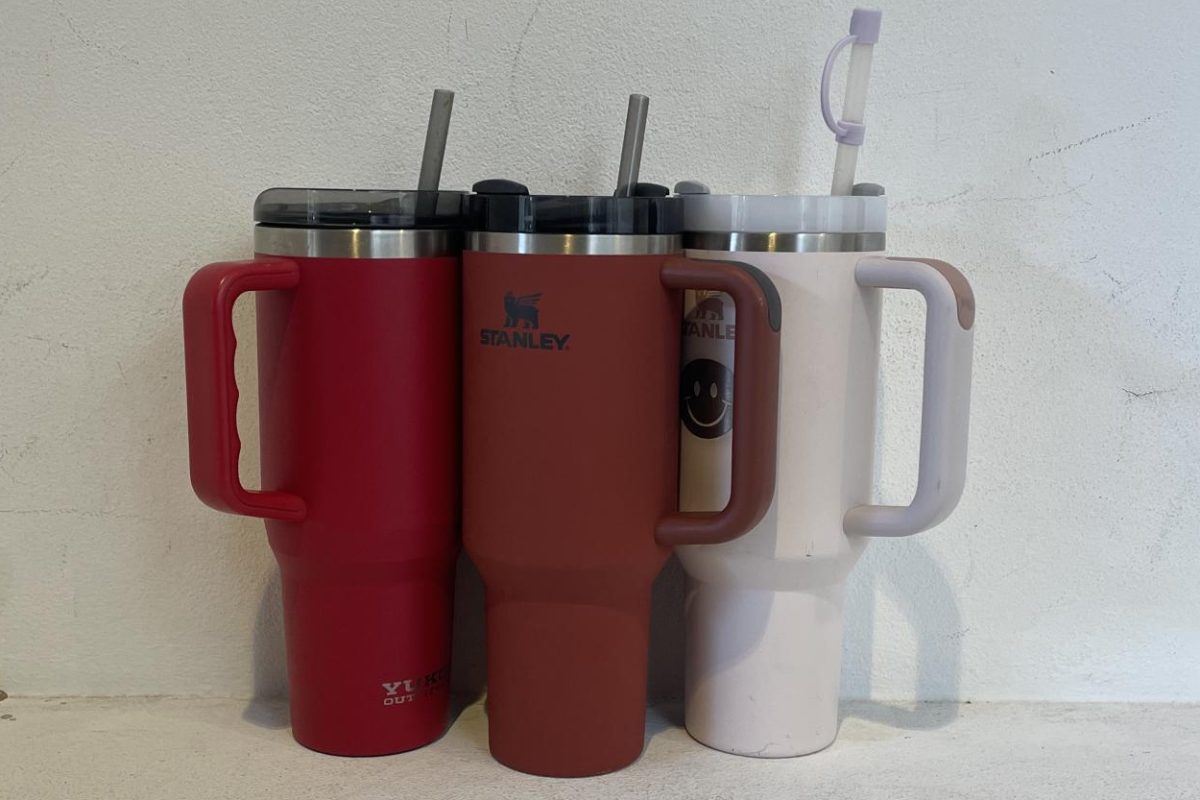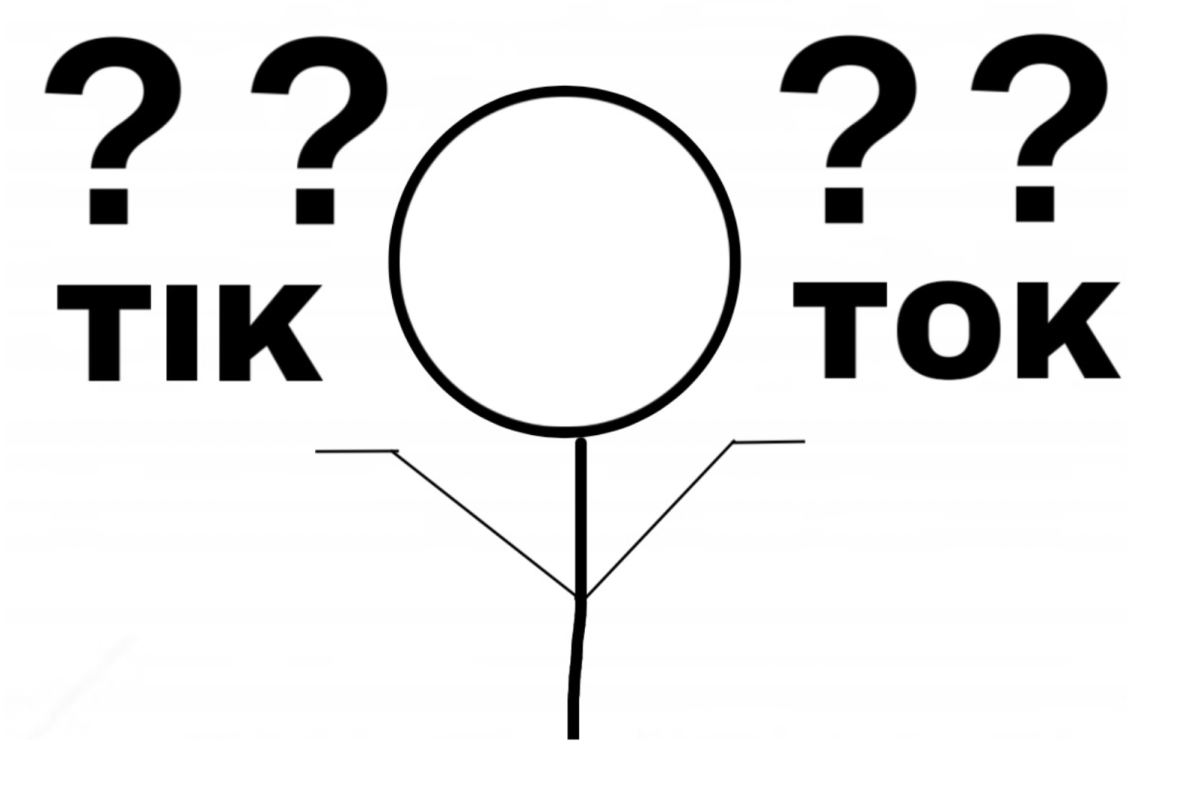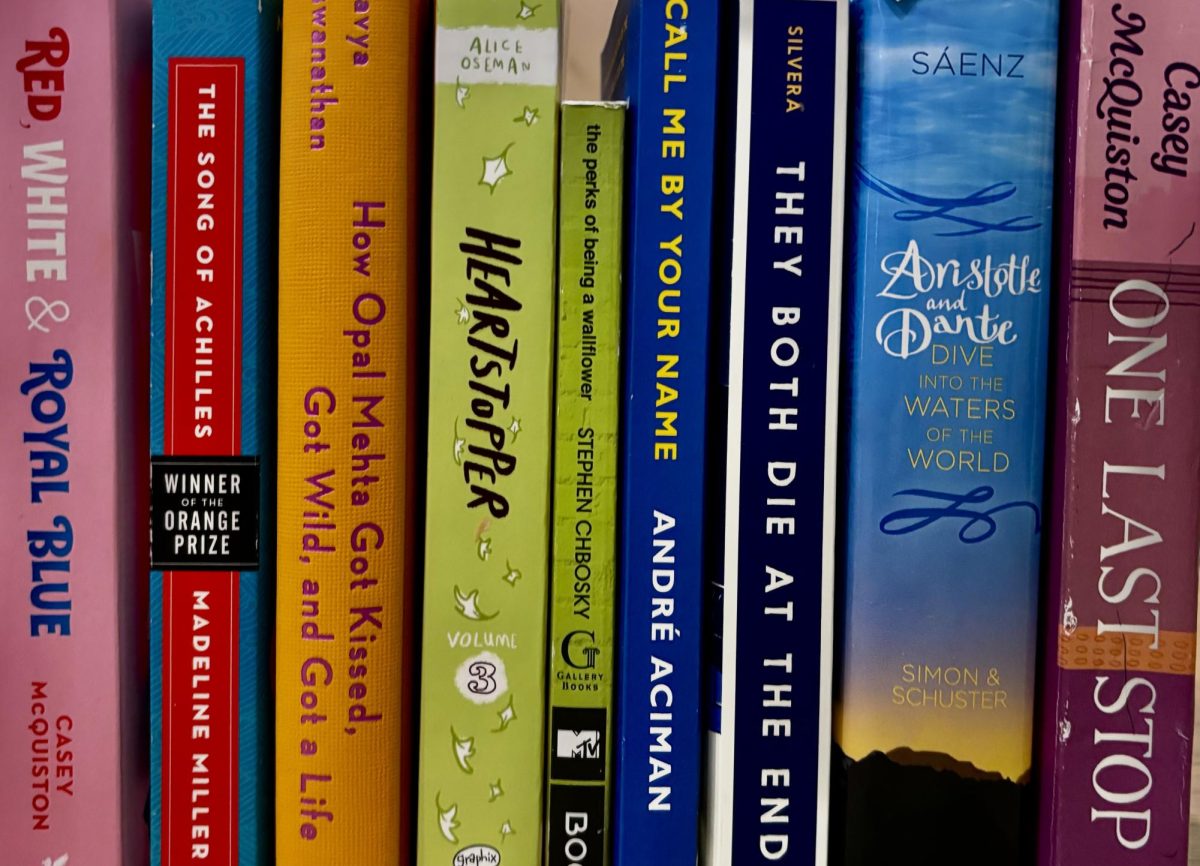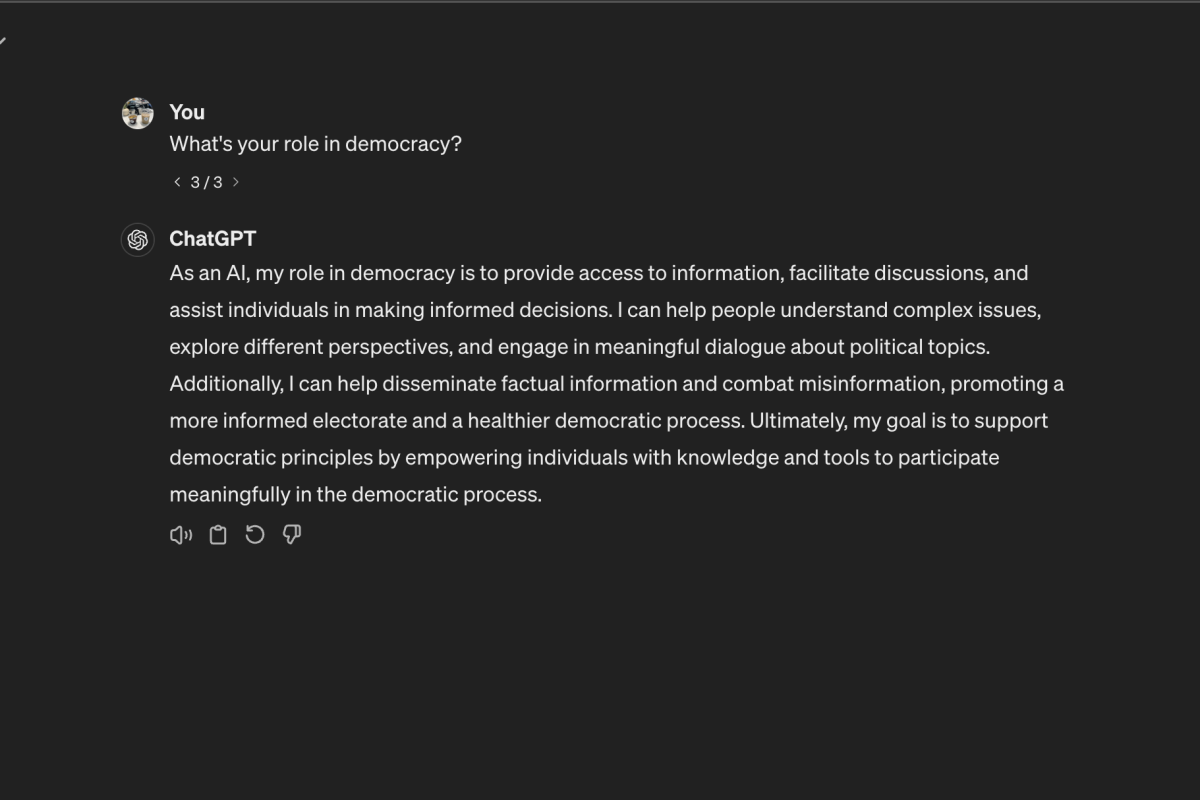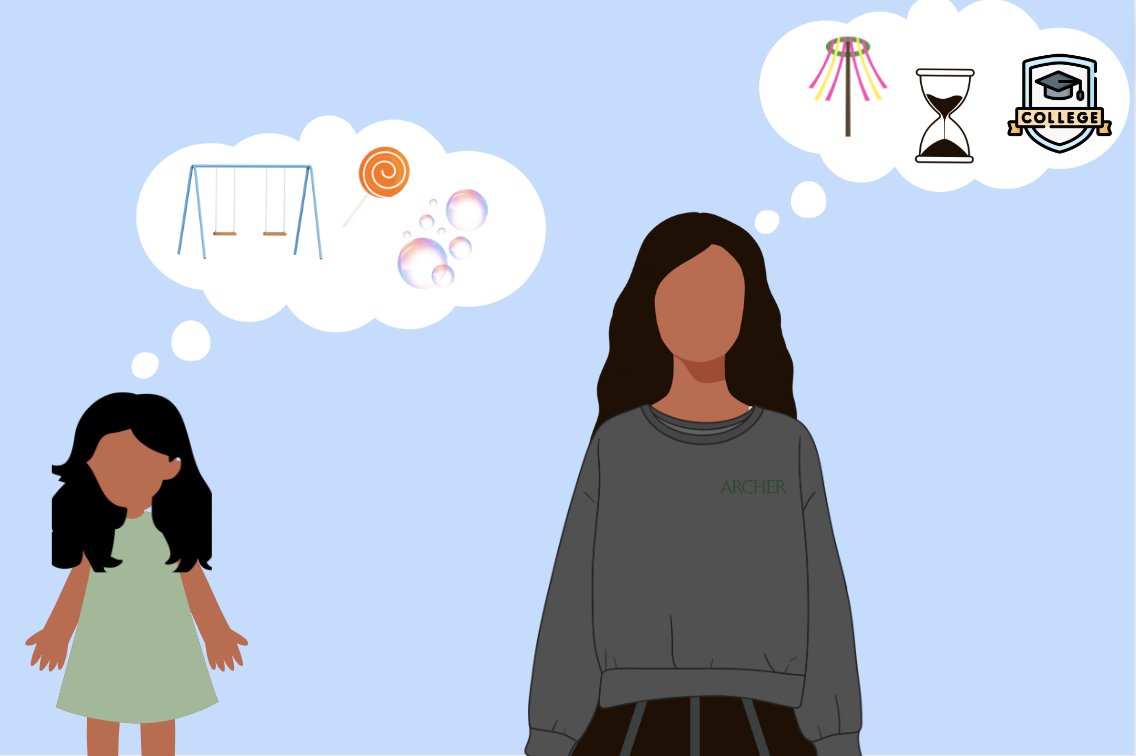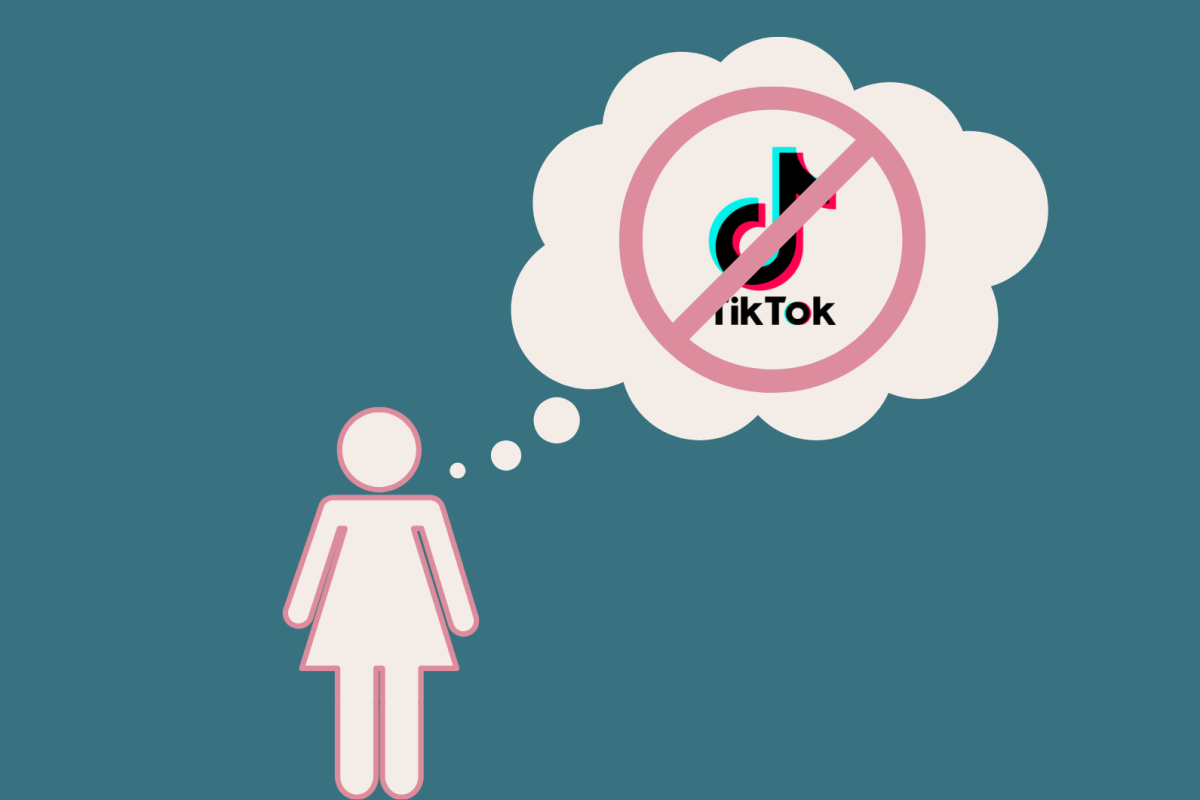Social status, once represented by enduring royal dynasties and lavish castles, is now taking the form of the 40-ounce water bottle more commonly known as “the Stanley.”
An ordinary beverage holder anyone might consider purchasing, the Stanley got lucky with a rise in fame through astute social media marketing. To date, on TikTok alone, there are over 530,000 short-form videos with “#stanleycup,” providing an outlet for the product to gain even more traction, publicity and sales, boosting the company’s revenue to nearly $750 million in 2023.
On such social media platforms, buyers such as content creator Krystle Perkins deem “one for water and one for a fun beverage” absolutely necessary, and that “once you get the Utah mom influencers on board, it spreads like wildfire,” (visualize Target shoppers pushing and shoving to get their hands on the elusive Starbucks edition cup).
The primary “ambassadors” of the Stanley cup seem to be content creators like Perkins, but also ordinary individuals who only seek the joy of hopping on a trend and trying something new. Unlike more refined or “traditional” collaborations, those initiated by Stanley and marketed to the public are with well-known, everyday brands, such as Target or Starbucks.
This social media craze is just one of many that manages to turn a singular, seemingly everyday product into a penchant for socially permitted overconsumption — and many attempt to imitate this water bottle’s success by going above and beyond. This past March, beauty brand Tarte Cosmetics sponsored “Trippin’ with Tarte,” which, according to internet culture reporter Madison Malone Kircher, was a “promotional extravaganza,” by a brand that is already “known for regularly inviting social media influencers on lavish trips.” For example, Tarte also flew a group of influencers out to Dubai in January of 2023 for a trip of a similar scale, all to market a singular foundation product while the rest of the United States was suffering a major economic recession.
This time, however, the brand flew 30 influencers to the Four Seasons Resort in Bora Bora for a trip that lasted four nights. Throughout their stay, these influencers were treated to luxurious bungalows, plenty of gifts and social-media-worthy events such as snorkeling, volunteering with animals from a local shelter and beauty makeovers.
Everything looked perfect, but it certainly was not perceived that way. When content creator Abby Baffoe posted a TikTok to Fergie’s “Glamorous” showing the caviar-filled, first-class highlights of the trip, viewers were exasperated from the first click. Comments read, “I’ve been influenced! To buy any brand but Tarte,” and reposts and critiques of the videos claimed, “Seeing them taking private jets to Bora Bora does not make [viewers] want to go buy something from Tarte Cosmetics,” proving the glamorous advertising was backfiring.
However, this was far from the case just nine years ago. In fact, Tarte Cosmetics’ first brand trip in 2015 initially sparked a positive response, with company executives commenting on rising sales as a result of the trip and its branding.
So, why the change in response?
It seems that consumers are finally seeing through consumerism, or at least the artificial, unrelatable kind — the kind where a beach house in Turks and Caicos seems “‘inexpensive'” and champagne on a pristine island seems like “hard work.” This “influencer fatigue” is due to a worn-down cycle of fake products and even faker smiles. It seems unlikely that a water bottle brand founded in 1913 could surpass the success of an elaborate beauty brand trip with A-list influencers in a resort surrounded by pristine waters. Yet, authenticity and the willingness to appeal to ordinary individuals is exactly what makes that difference.
While instances like the Tarte failure can provide a sense of disillusionment, the aging of current social media patterns and specifically, the promotion of consumerism, should hopefully serve as a new beginning. We can finally leave manufactured beauty products and forced smiles behind, and instead let the market of consumerism return to its roots: wanting to sell for the benefit of real humans and the individuality of oneself, even if that takes form in a pink tumbler.








